Mohammed bin Salman and Benjamin Netanyahu’s meeting – albeit deniedby Riyadh – shows it is surely only a matter of time before Saudi Arabia and Israel formalise their covert relations.
Israel’s recent peace deals with Bahrain and the UAE could not have materialised without Saudi backing. MBS is also arm-twisting Pakistan to help ‘normalise normalisation’ by extending the Muslim world’s recognition of Israel to South Asia. Such political manoeuvrings are not isolated; they are accompanied by religious rationale for Muslim-majority states to establish relations with the Jewish state.
The imam of the Grand Mosque of Mecca Abdulrahman al-Sudais, used a sermon in September to preach the need for kindness and dialogue with Jews. Earlier this year, Saudi cleric and Muslim World League secretary general Muhammad bin Abdul Karim al-Issa visited Auschwitz. On this unprecedented trip to Poland, he condemned the denial of Holocaust, saying‘this must never happen again’. Al-Issa also delivered a message of ‘religions standing together’ and said‘combating anti-Semitism (is) a religious duty’ for Muslims.
Other prominent figures agree that there is a need for those of different religions to come together. Sudanese cleric Sheikh Abdel-Rahman Hassan Hamed has issued an edictin support of ties with Israel, maintaining that, ‘from an Islamic standpoint, there is no opposition to (peace)’ with the Jewish state.
The positions taken by many Islamic clerics on Israel mark a welcome shift. Until recently, Saudi imams were known to denounce Jews; in 2015, the most senior Saudi cleric even suggested Isis was part of Israel’s army.
One prominent Emirati cleric has apologisedto Israelis for offending them in the past. ‘When I saw some Palestinians burn my country’s flag because of the peace treaty with Israel, I decided to apologise to every Israeli man if I had offended him in the past,’ Wasim Yousef said. He also criticised those who oppose normalisation between Israel and Muslim-majority states.
Such scriptural justification for fostering Muslim-Jewish relations isn’t the only revisionism that is being stirred up amidst peace deals with Israel. Even Pakistan’s increasingly hardline leader Imran Khan is making positive noises.
During a recent interview while discussing the pressure to recognise Israel, Khan referred to the Treaty of Hudaybiyyah, a peace agreement signed by the Prophet Muhammad. According to Islamic tradition, the deal established relations between the pagan Makkah leadership and the nascent Medina state in the year 628 AD, and forged the latter’s ties with other neighbouring tribes.
Described as a ‘manifest victory‘ in the Quran, the treaty was an unpopular move, even among the prophet’s closest companions who interpreted it as surrendering too much to the ‘non-believers’, but it nonetheless paved the way for Islam’s first pilgrimage in Makkah. Khan’s reference to this is surely no coincidence. It is likely that the prospect of a pilgrimage to Jerusalem’s al-Quds will be a major selling point in any recognition of Israel made by countries like Pakistan or Saudi Arabia.
The Palestinians have long strived to attract Muslims back to al-Aqsa, which is considered the third holiest mosque in Islam. At a time when the Palestinian leadership is feeling increasingly isolated, the prospect of welcoming more worshippers to the mosque could bolster Mahmoud Abbas’ leadership credentials. It will also provide much-needed economic benefits to the Palestinians. What’s more, this would also be a welcome step for the many Muslims who haven’t had access to al-Aqsa since 1967 owing to their states’ policies on Israel.
Of course, not everyone agrees with this detente between Israel and Muslim-majority countries. Clerics and religious leaders from Indonesiato Pakistan, and even Bahrainhave denounced the agreements with Israel. Iran persists with its genocidalposition on its old adversary. Turkey’s Recep Tayyip Erdogan has even threatened to suspend ties with UAE following its peace deal with Israel.
Much of this fiery rhetoric against Israel stems from a tradition of pandering to domestic audiences. But where there was once denial of Israel’s existence altogether, there has come a broader – if reluctant – acceptance of a two-state solution and a ‘just settlement’ for Palestinians.
We don’t what such a settlement will look like, although it is clear that it will not please everyone. But what is now plain to see, is that, within our lifetimes, Muslim-majority states like Saudi Arabia and Pakistan are likely to recognise Israel in a way that would have been thought impossible even a decade or so ago.
Got something to add? Join the discussion and comment below.
Get 10 issues for just $10
Subscribe to The Spectator Australia today for the next 10 magazine issues, plus full online access, for just $10.

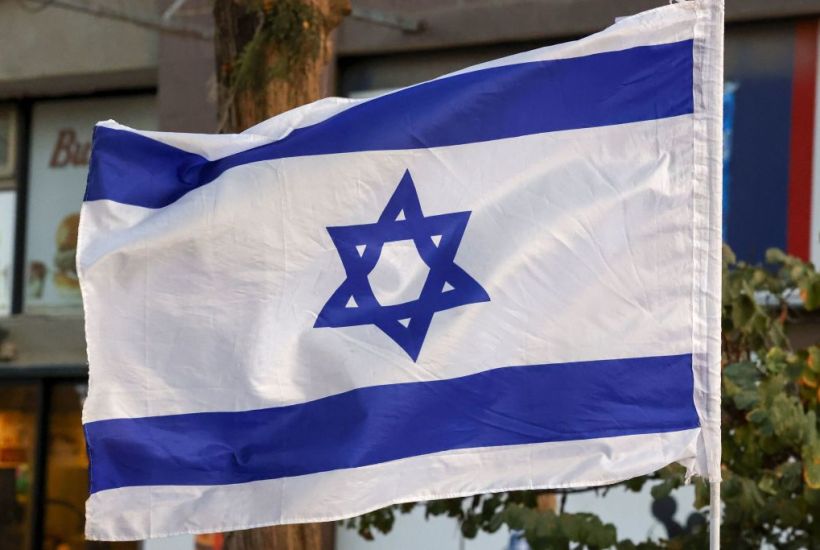
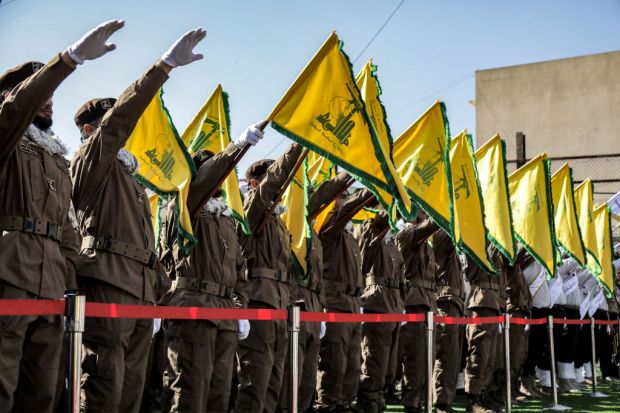


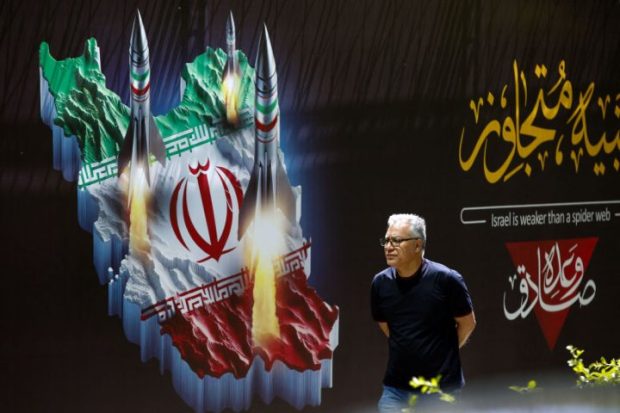
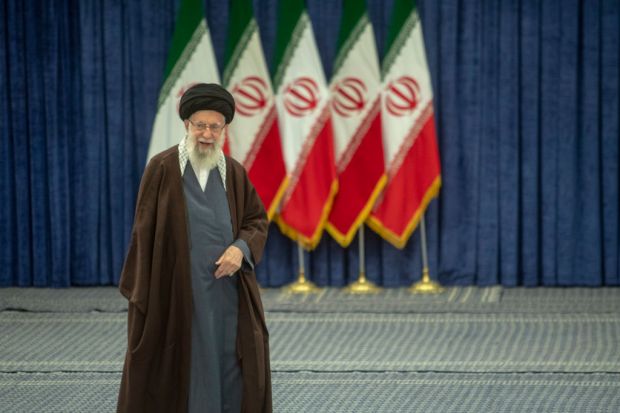
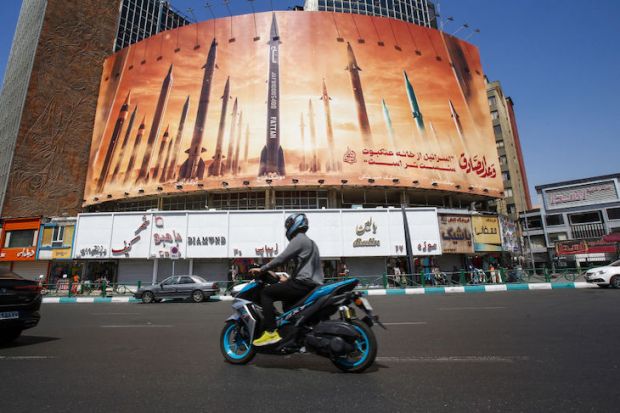












Comments
Don't miss out
Join the conversation with other Spectator Australia readers. Subscribe to leave a comment.
SUBSCRIBEAlready a subscriber? Log in